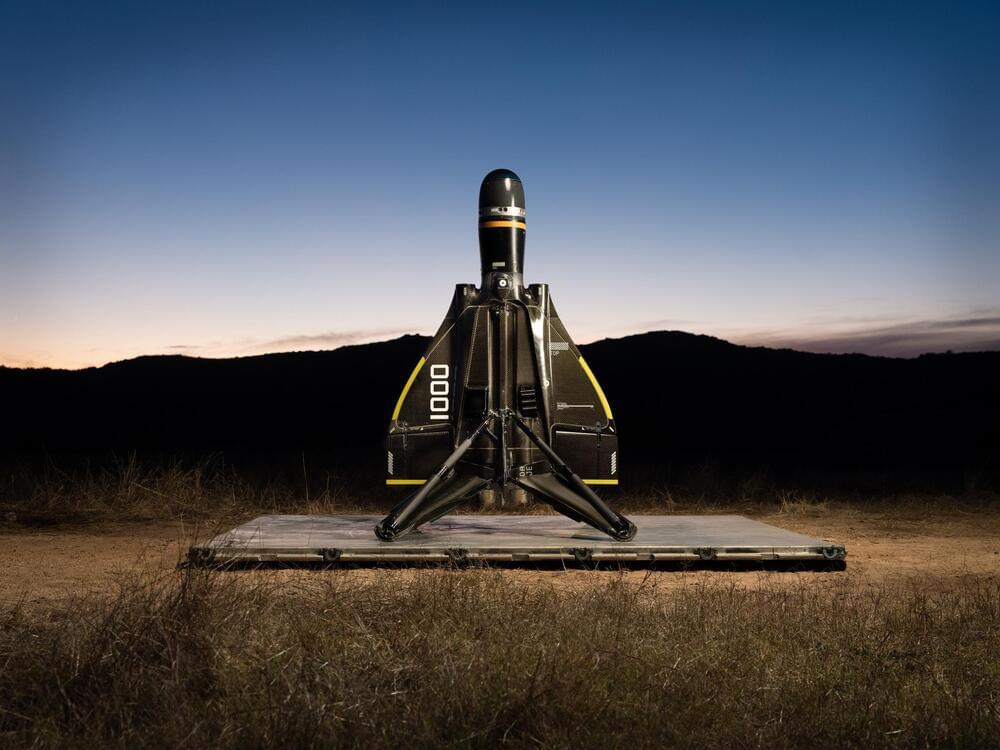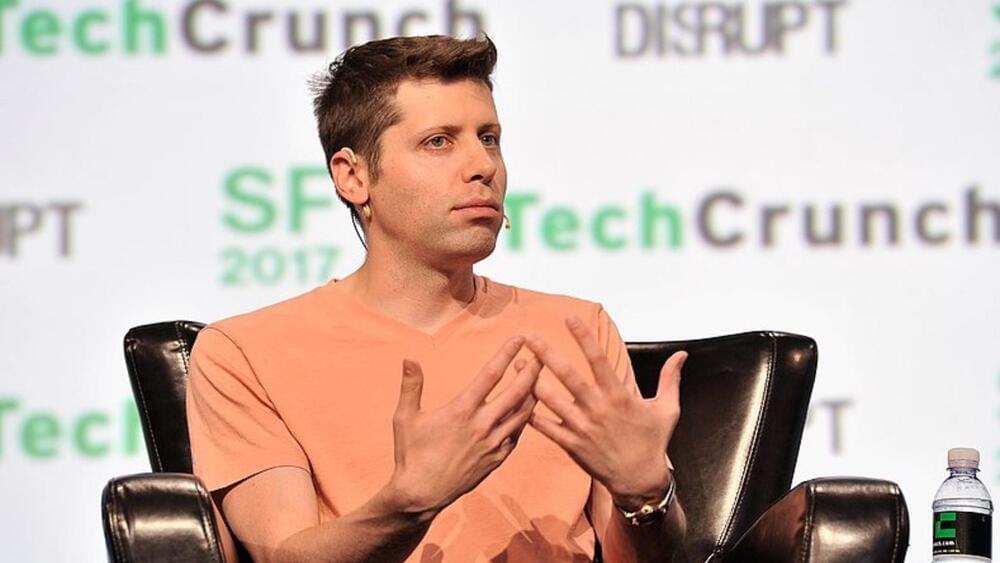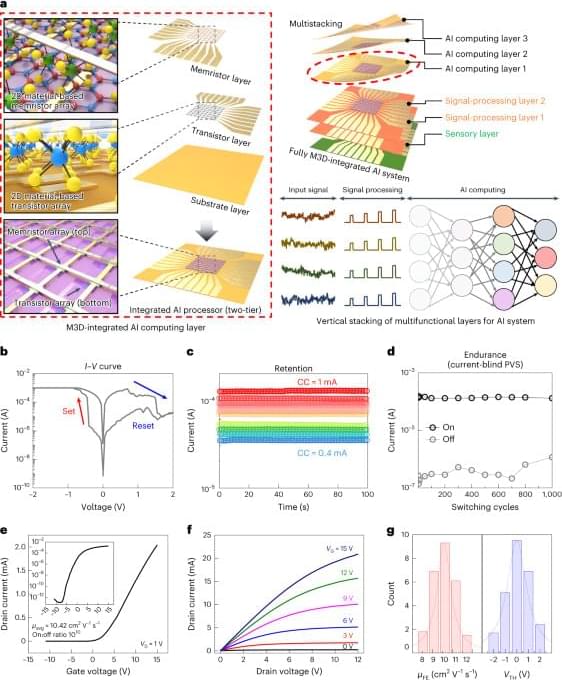This is the first time the carbon emissions caused by using an AI model for different tasks have been calculated.
Each time you use AI to generate an image, write an email, or ask a chatbot a question, it comes at a cost to the planet.




Prosperity7, the venture capital fund of Aramco Ventures, invested in Rain Neuromorphics in February 2022.
Wikimedia Commons.
Moving aggressively in the AI arms race, Washington has compelled Saudi Aramco to sell its shares in Rain Neuromorphics Inc, an AI chip startup backed by OpenAI CEO Sam Altman, reported Bloomberg.

UK MoD enhances combat training with ChatGPT in SimStriker robots, enabling dynamic soldier-target conversations for realistic scenarios.
SimStriker: A breakthrough in close combat training
SimStriker, developed by 4GD in 2020, has already been used at the SmartFacility in Colchester, UK, where it currently serves the British Army’s 16th Air Assault Brigade. The facility logged over 1,200 hours of training in 2022, engaging various users, including the Ministry of Defence police and civilian participants.
Additionally, GAI helps radiologists cross-reference comorbidities in a way that was not possible before. For instance, people with certain types of autoimmune arthritis have an increased risk of cardiovascular disease (atherosclerosis, hypertension, and type 2 diabetes). These conditions might seem unrelated, but if a CT scan reveals calcifications in the coronary arteries, GAI can facilitate informing the radiologist and treating physician of this important biomarker. These types of added value are not just consumer conveniences. As potentiators of clinical research and effectuators of episodes of care, they can save the lives of patients.
Leaning into the whole.
It should be clear to most in the industry that AI is knocking at the door, and those who do not adopt new technology will be left behind. What seems less clear is how that design and implementation should move forward. Laying AI functions on top of already outdated systems or relying on separate solutions that do not play into the unified stack system–especially given the volume of data, delicate privacy issues and the need for constant updates–does not optimally contribute to advancement. Instead, we should embrace the vision as a whole and build for unification and GAI, rather than jury-rig a square peg in a round hole.




A new study, published in PLOS ONE, has uncovered a remarkable connection between individuals’ musical preferences and their moral values, shedding new light on the profound influence that music can have on our moral compass.
The research, conducted by a team of scientists at Queen Mary University of London and ISI Foundation in Turin, Italy, employed machine learning techniques to analyze the lyrics and audio features of individuals’ favorite songs, revealing a complex interplay between music and morality.
“Our study provides compelling evidence that music preferences can serve as a window into an individual’s moral values,” stated Dr. Charalampos Saitis, one of the senior authors of the study and Lecturer in Digital Music Processing at Queen Mary University of London’s School of Electronic Engineering and Computer Science.